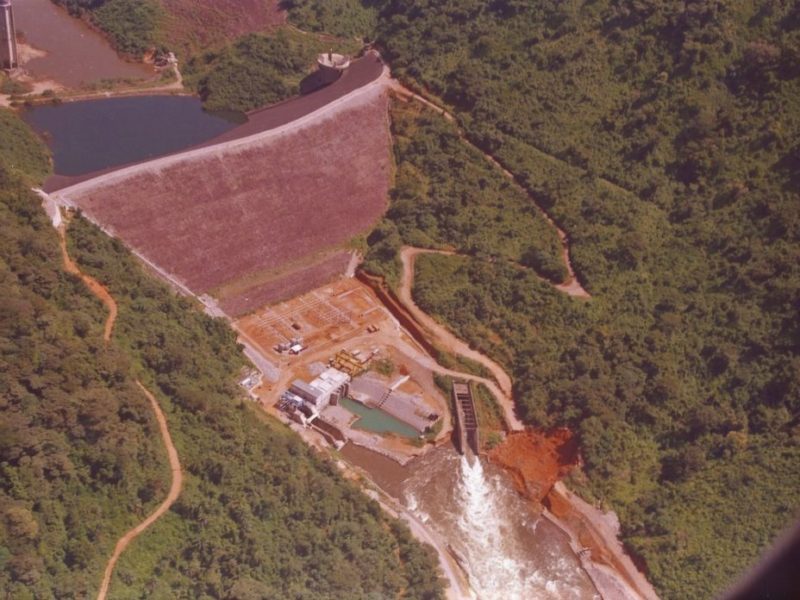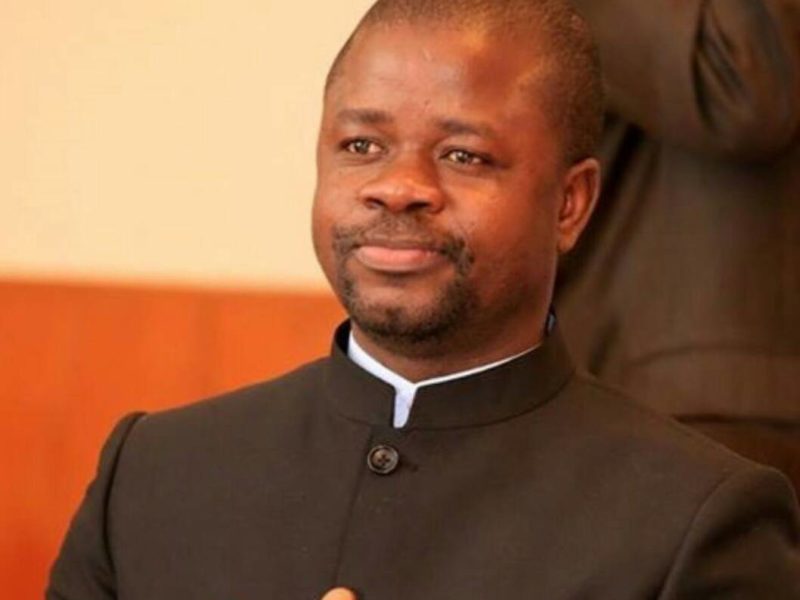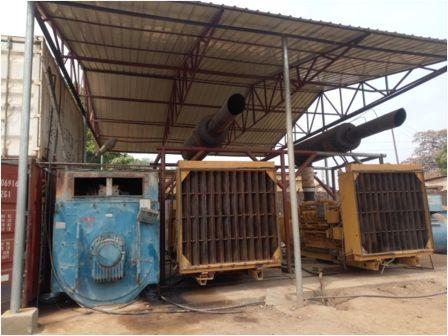‘NPA spends six hundred million Leones a day to provide electricity’ – NPA General Manager
The General Manager of the National Power Authority (NPA) Dr. Ahmed Zubairu Kalokoh (in photo), has informed this paper that they spent Le600 million every day on fuel to provide electricity for the people when the Bumbuma turbine broke down last year.
He maintained that last year was a difficult period for them as people accused them of being inefficient to provide electricity when they did not understand the problems they were facing.
He was however quick to point out that in spite of these problems they were able to raise a lot of money for this country.
He disclosed that electricity for Charlotte and Gbanka Soka will be ready by next year.
He warned all Sierra Leoneans to desist from stealing electricity and transmission cables, stressing that anybody caught in these unpatriotic activities will face the full force of law.
He revealed that they specific functions are to provide reliable and affordable power supply to stimulate economic development of Sierra Leone, through the consolidation, improvement and expansion of existing power supply infrastructure; to increase access to modern energy supply for poverty reduction in off-grid areas; to improve the efficiency of energy use; and to increase and diversify sources of energy supply in order to ensure security of supply.
He maintained that in view of the cross-cutting role that energy plays in all development sectors, there is a wide range of activities covered in the limited resources within the Ministry of Energy in particular, and the country in general and the activities which cover pressing needs, such as access to electricity are given the highest priority.
He noted that they also try to increase the electricity generating capacity to address the progressive deterioration over the years as well as to meet the growing demands; provide incentives for the development of mini-hydro power generating capacities for decentralized supplies in off-grid areas; provide incentives for the setting of small-scale decentralized solar power supplies to meet the basic needs of lighting, refrigeration and media information technology in the rural areas.
He noted that for a number of reasons, it is felt that the opportunities exist now, more than ever before, to address policy issues relating to energy: first, the political will is present at the highest level of Government, in recognition of the importance of energy for the achievement of the development goals. So, government through the Ministry has a fantastic program to provide the country with 1000Megawatts by 2017.
He also pointed out that as a country recovering from conflict, there is a general acknowledgement by all stakeholders, including development partners, that great strides need to be taken to get the country back on track and this involves restoring and increasing energy capacity including taking steps to implement the Power Sector Master Plan, which was drawn up in 1996, and which revealed vast hydropower potential.
He further observed that the recognition of the international community of the climate change phenomenon has led to greater attention being paid to issues relating to cleaner energy development and could lead to additional resources to support energy programmes.
He also indicated that developments in the West African sub-region provide an opportunity for Sierra Leone to benefit from energy resources within the sub-region, such as provided by the West African Power Pool and the West African Gas pipeline.
Dr. Kalokoh also stated that for renewable energy, the policy is aimed at further exploiting the vast renewable energy potential in hydropower and solar energy, as well as in using agriculture wastes to provide much needed modern energy.
He disclosed that the country has vast renewable energy potential to complement and sustain its energy needs, but there have been several barriers in the way of harnessing these resources in a productive and meaningful way. There is neither the appropriate technology nor the indigenous capacity to design, manufacture, market, distribute, install and maintain renewable energy technologies (RETs).
Stay with Sierra Express Media, for your trusted place in news!
© 2014, https:. All rights reserved.






